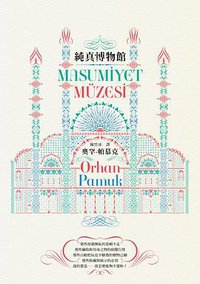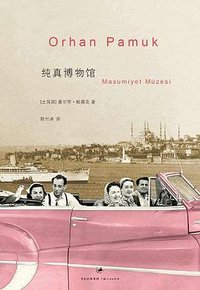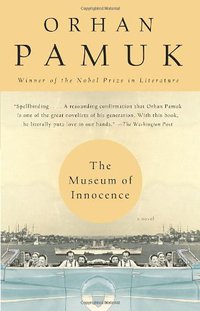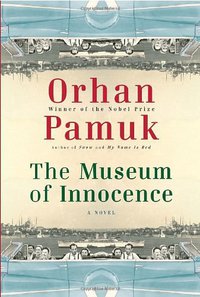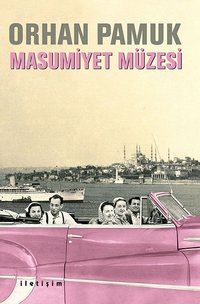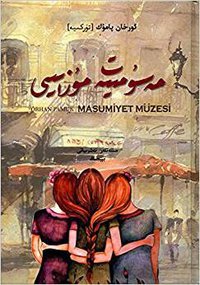The Museum of Innocence
豆瓣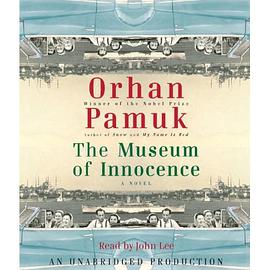
Pamuk, Orhan 译者: Maureen Freely
简介
Amazon Best Books of the Month, November 2009: The story of Kemal, the half-hearted industrialist who is the hero of The Museum of Innocence, Orhan Pamuk's first novel since he won the Nobel Prize for Literature, is a deeply private one, built around an often inexplicable obsession that he attempts to justify to the reader. In honor of Füsun, the poor, beautiful cousin he had a short affair with when he was 30 and engaged to another, he has hoarded a museum of relics, both of their time together and of the much longer time when, like Gatsby drawn by the green light on Daisy's dock, he hovered at the edge of her life, held in check (but yet held nearby) by the proprieties of Turkish society. From Kemal's passion Pamuk constructs a masterful meditation on time, desire, and possession, saturated with the details of the city of Pamuk's youth: the brand names, the film stars, the streets, the intricate social relations between classes and between modernity and tradition. It's as if the museum of the title was built in honor not of Füsun but of Istanbul, circa 1975. --Tom Nissley
From Publishers Weekly
Starred Review. Nobel laureate Pamuk's latest is a soaring, detailed and laborious mausoleum of love. During Istanbul's tumultuous 1970s, Kemal Bey, 30-year-old son of an upper-class family, walks readers through a lengthy catalogue of trivial objects, which, though seeming mundane, hold memories of his life's most intimate, irretrievable moments. The main focus of Kemal's peculiar collection of earrings, ticket stubs and drinking glasses is beloved Füsun, his onetime paramour and longtime unrequited love. An 18-year-old virginal beauty, modest shopgirl and poor distant relation, Füsun enters Kemal's successful life just as he is engaged to Sibel, a very special, very charming, very lovely girl. Though levelheaded Sibel provides Kemal compassionate relief from their social strata's rising tensions, it is the fleeting moments with fiery, childlike Füsun that grant conflicted Kemal his deepest peace. The poignant truth behind Kemal's obsession is that his museum provides a closeness with Füsun he'll never regain. Though its incantatory middle suffers from too many indistinguishable quotidian encounters, this is a masterful work. (Oct.)
Copyright © Reed Business Information, a division of Reed Elsevier Inc. All rights reserved.
